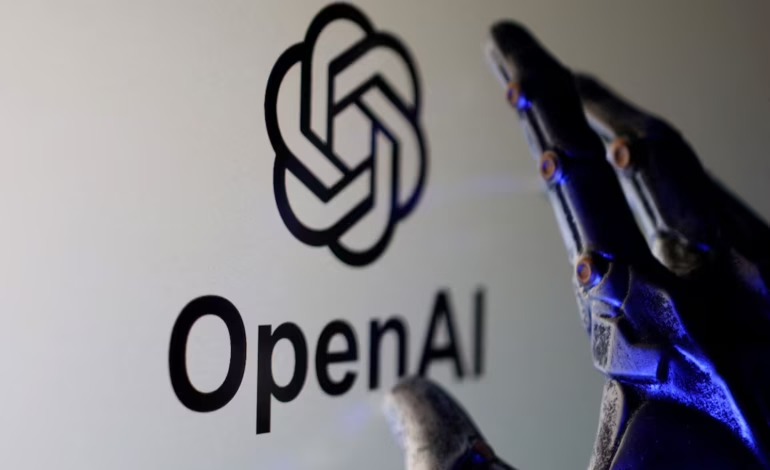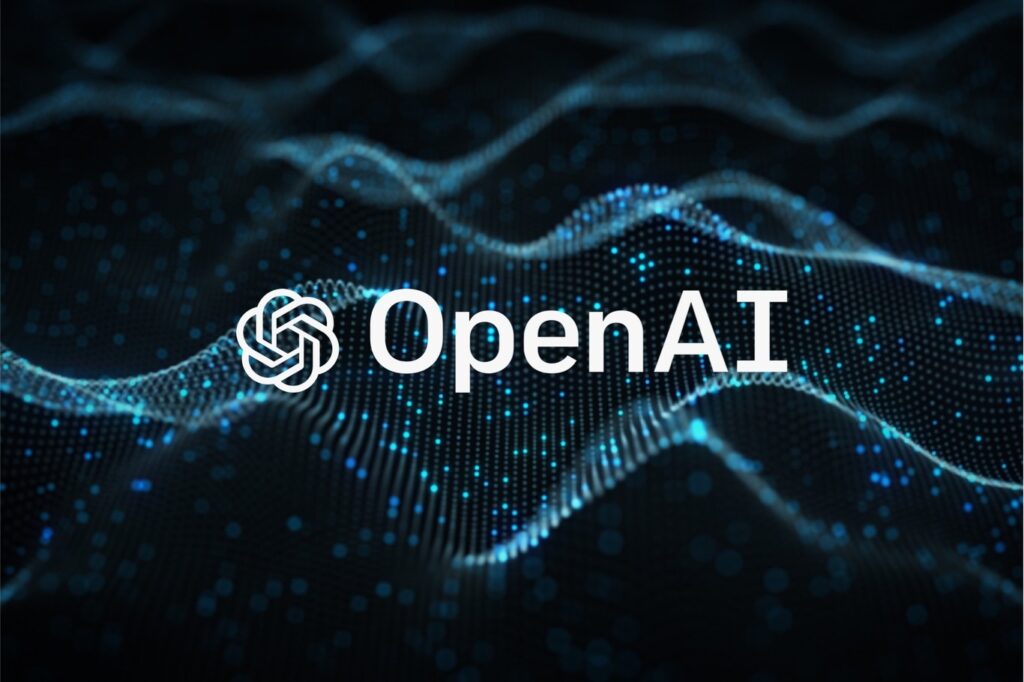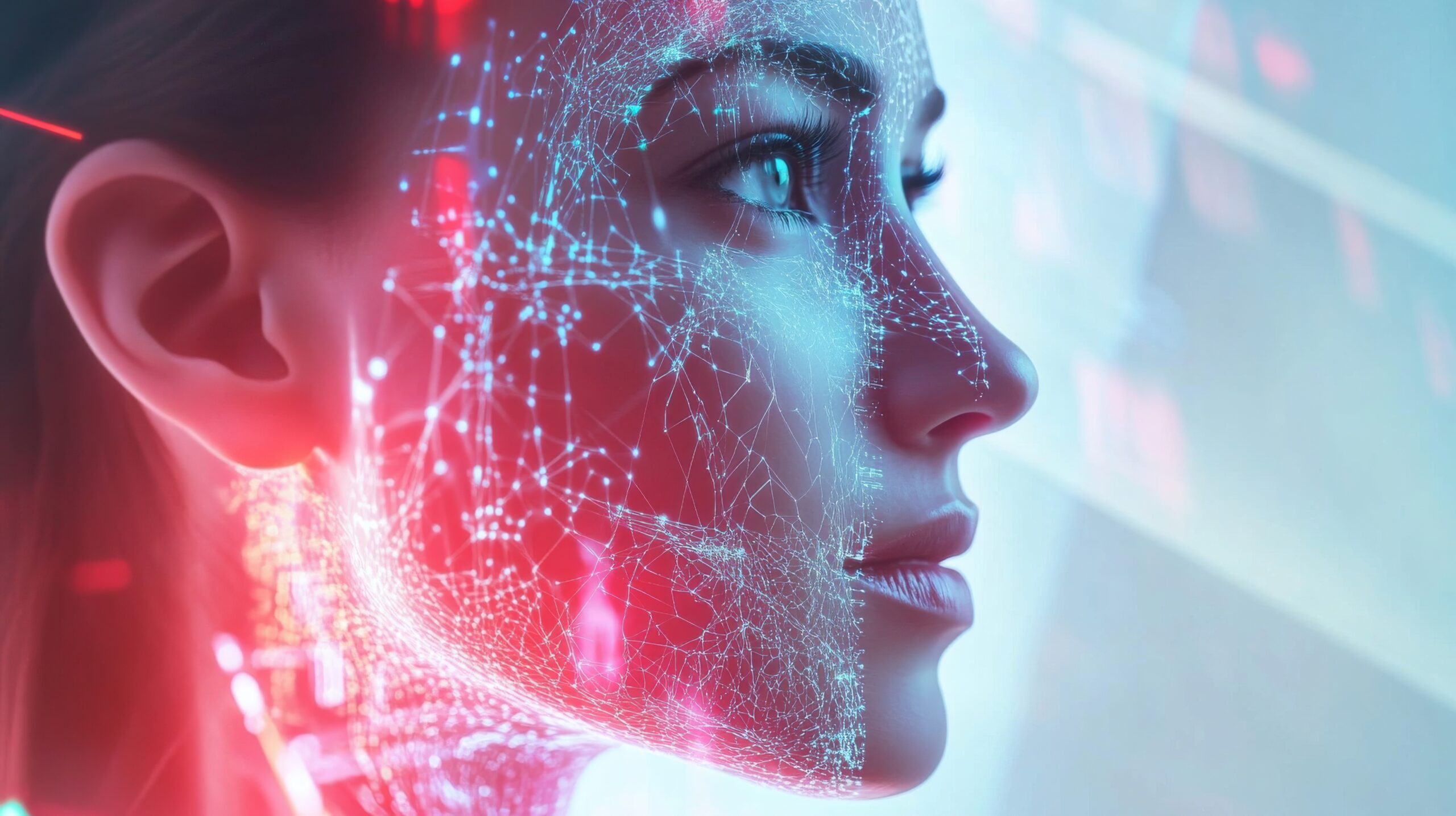When AI Meets Mortality: Rewriting the Future of Aging
The glow-up isn’t just skin deep. As red light therapy moves from fringe to focus, the question isn’t whether it works—but whether we’re finally ready to treat wellness like the

The future of life extension no longer lives solely in petri dishes, CRISPR labs, or the minds of eccentric billionaires. It now resides in neural networks—and the lines between biotechnology and artificial intelligence are blurring faster than the biological clock they seek to rewire.
OpenAI, the company behind some of the world’s most powerful language models, has turned its attention to longevity science. The result? An artificial intelligence system trained specifically to unlock the secrets of human aging, healthspan optimization, and potentially, biological rejuvenation.
The implications are massive. Because this isn’t just a story about AI and aging—it’s a story about what happens when cognition meets computation at the edge of human mortality.
From Language to Lifespan: Why Longevity?
OpenAI’s models were originally built to understand and generate human language. But language is data. And in biology, data is destiny.
Longevity science has always been data-rich and insight-poor. Clinical trials, genomic databases, proteomic landscapes, epigenetic timelines—there is no shortage of raw material. But making sense of it, predicting outcomes, and designing interventions? That’s a problem built for intelligence. Artificial or otherwise.
OpenAI’s pivot into longevity is more than a research expansion—it’s a systems-level intervention into one of the most complex challenges in medicine: extending not just how long we live, but how well we live.
What the Model Does (and Why It’s Different)

According to early disclosures and scientific collaborations, the AI model OpenAI has built for longevity science isn’t just regurgitating research—it’s synthesizing new hypotheses, analyzing molecular targets, and even generating potential therapeutics through predictive modeling.
This includes:
- Mapping aging pathways across genomic and proteomic data
- Designing new small molecules that modulate age-related biomarkers
- Predicting the efficacy of senolytics, NAD+ precursors, mTOR inhibitors, and other promising compounds
- Recommending personalized interventions based on longitudinal health data
- Running in silico trials that simulate biological aging over time
In short, it’s not just studying aging. It’s attempting to model it.
A New Kind of Researcher: Machine as Meta-Scientist
Here’s the philosophical shift: in longevity science, we’re no longer limited to what human researchers can test, understand, or imagine. OpenAI’s model can process millions of research papers, detect obscure patterns, and iterate drug designs in virtual environments at speeds no human lab could match.
The AI becomes a kind of meta-scientist—not replacing human researchers, but augmenting them with a scale of cognition that matches the complexity of aging itself.
This means the bottleneck in longevity science may finally move from idea generation to validation and implementation.
A Glimpse of What’s Coming
If OpenAI’s model delivers even a fraction of its promise, it could catalyze breakthroughs in:
- Personalized anti-aging protocols based on genetic and lifestyle data
- Discovery of novel biomarkers of aging, useful for diagnostics and prevention
- Faster, cheaper drug development targeting the hallmarks of aging
- Real-time monitoring of interventions, using wearable and biological feedback
- Integration of AI models with digital twins—simulated versions of individuals used to test therapies virtually before applying them in real life
Imagine a world where your longevity protocol is designed not by a generalist physician, but by a machine that has read everything, modeled your biology, and run 10,000 experiments on your future self—before prescribing a single intervention.
Fad or Frontier?
Let’s be clear: longevity is fertile ground for hype. It’s where science, aspiration, and economics collide.
But this isn’t another celebrity-endorsed supplement or startup touting cellular immortality. This is OpenAI—a research organization that’s already reshaped language, coding, and knowledge work—now pointing its computational firepower at decoding human aging.
Skepticism is wise. But so is the recognition that the tools are changing, and with them, the possibilities.
Ethical Ground Zero
Of course, the stakes are enormous. If AI can accelerate longevity science, the next questions aren’t just scientific—they’re ethical, geopolitical, and deeply human:
- Who gets access to the insights?
- Will life extension technologies amplify inequality?
- How do we safeguard against AI-designed drugs being misused or misinterpreted?
- What does it mean to age—or not age—on purpose?
In the underground, we ask these questions first. Because in the light-speed race to engineer human longevity, it’s not just about what we can do—it’s about what we should.
I am beyond excited
OpenAI’s move into longevity science is a signal that the next revolution in human health won’t happen solely in hospitals or biotech labs. It will happen in data centers, algorithms, and probabilistic predictions, stitched together by machines trained not just to mimic life—but to understand and extend it.
This is the beginning of something vast.
Because if language models can write poetry and code, and now map the decline and regeneration of our biology, we’re not looking at AI as a tool anymore—we’re looking at it as a co-pilot in the evolution of life itself.
The question isn’t whether OpenAI’s model for longevity will work. The question is how long we’ll take to catch up to what it already knows.
This is Dawn of the Underground. Stay awake. Stay skeptical. Stay one step ahead of the future that’s training itself to outlive us.








